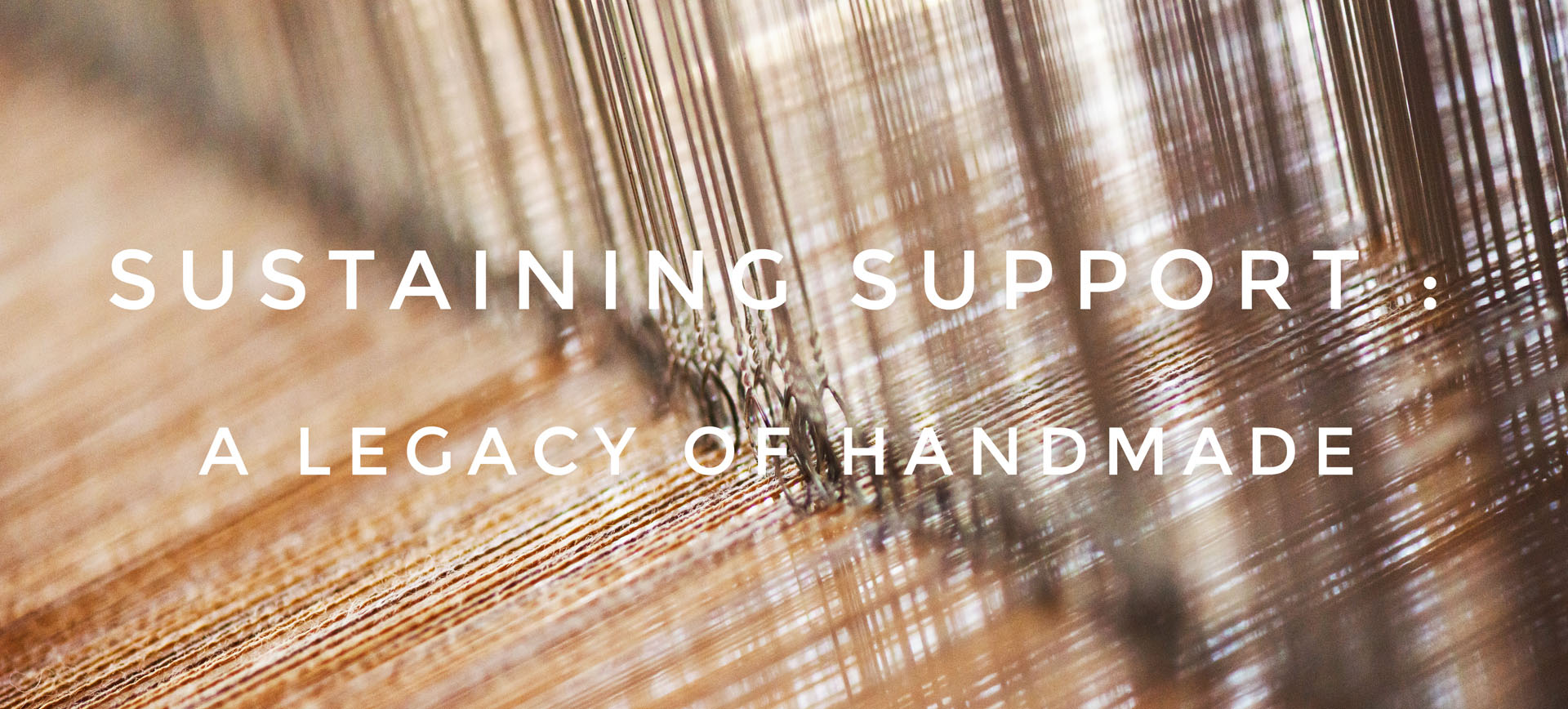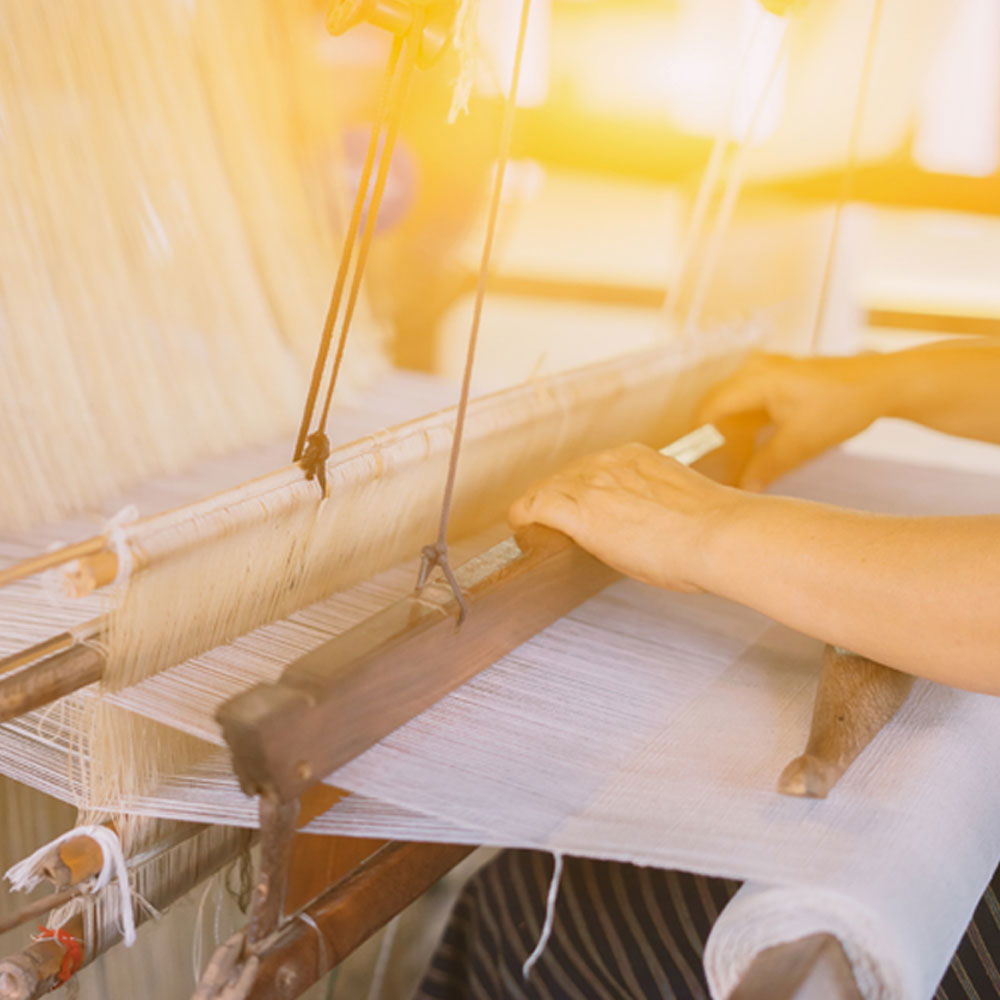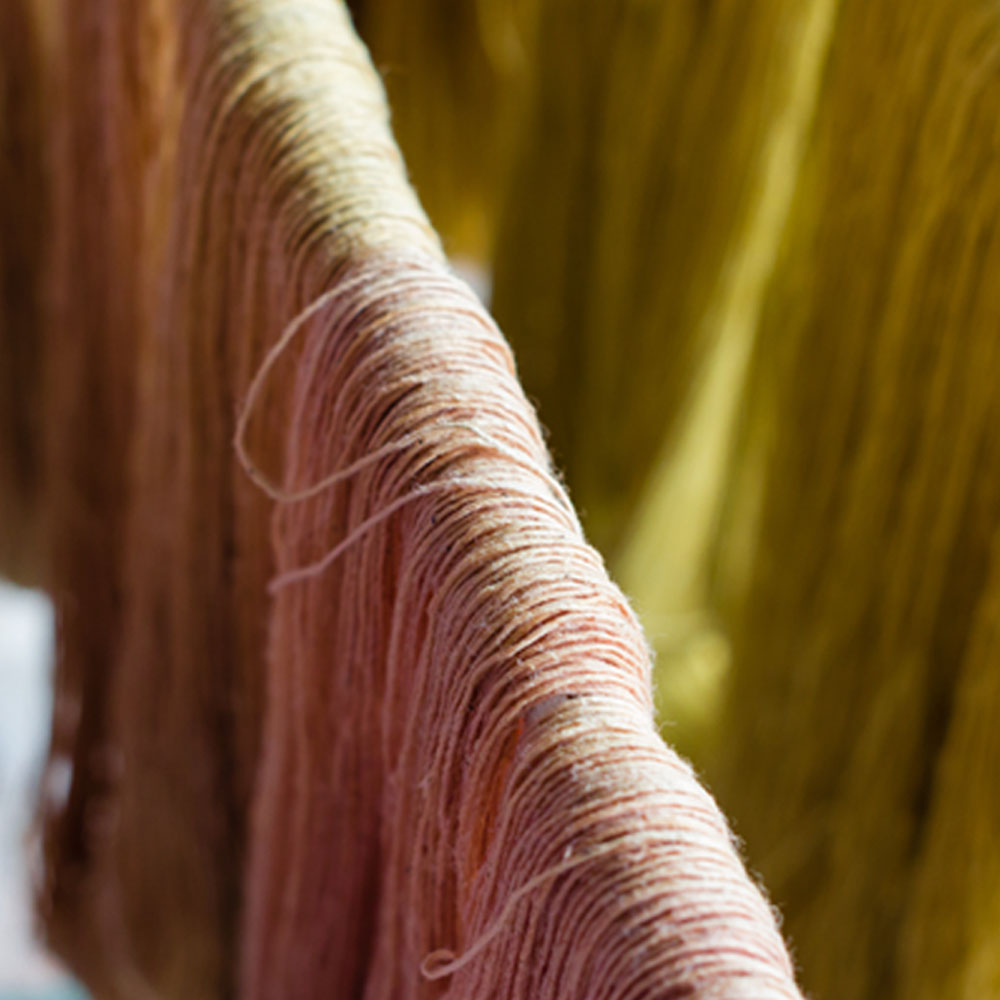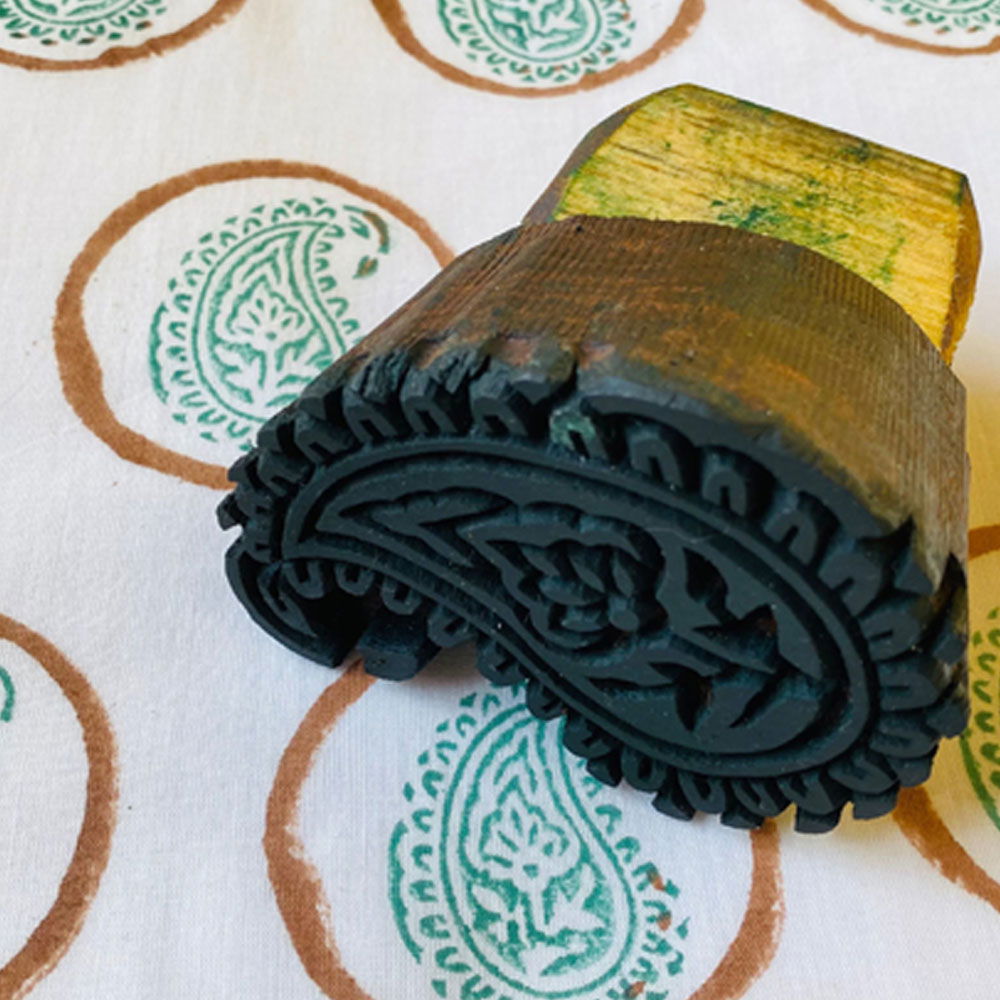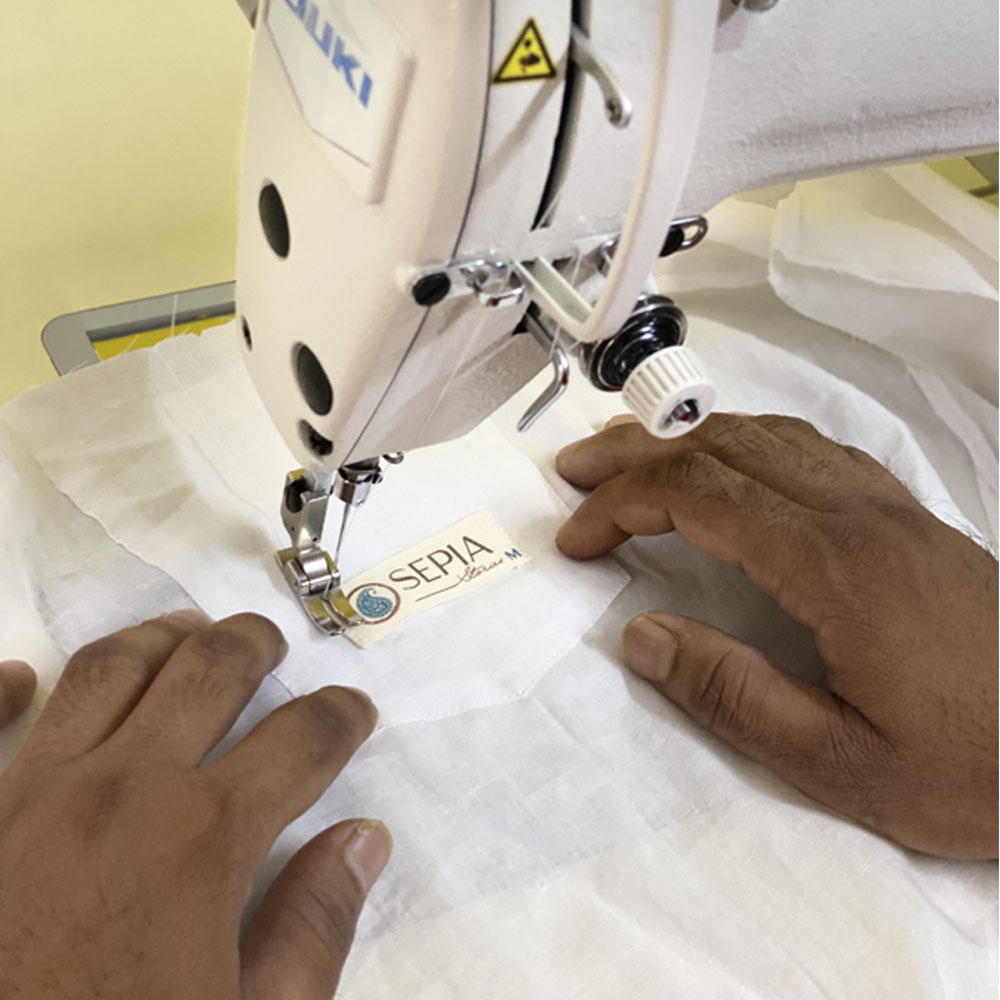Handloom industry
Sepia Stories weaves a narrative of tradition and craftsmanship in the vibrant landscape of the handloom industry. As dedicated handloom items manufacturers in India, they breathe life into cultural heritage. From intricately crafted handloom items to the rhythmic dance of the handloom machine, Sepia Stories embraces the essence of Swadeshi with their distinctive Swadeshi khadi handloom cotton creations. Explore the artistry in various types of handloom weaving, each thread telling a tale of skill and passion. Adorn yourself in the timeless elegance of Sepia Stories’ creations, where every piece is a testament to the art of weaving and a celebration of indigenous cotton clothing. The handloom sector in India encompasses a diverse range of major production activities, spanning the creation of intricate handloom fabrics to the meticulous craftsmanship of traditional handloom artisans. These artisans, known as handloom weavers, play a crucial role in preserving and evolving the art of handloom weaving, passing down generations of knowledge and skill.
Handloom items
Sepia Stories, at the heart of the thriving handloom industry in India, redefines elegance with their exquisite array of handloom items. From the timeless allure of intricately woven handloom sarees to a diverse range of meticulously crafted handloom products, every creation echoes the legacy of craftsmanship. Nestled in the embrace of a quaint handloom cottage, Sepia Stories weaves dreams into reality, intertwining tradition with contemporary flair. Their commitment to the artistry of the handloom weaving machine is evident in every textile masterpiece, offering a tactile experience that transcends the ordinary. Step into a world where cotton fabric becomes a canvas for stories spun with passion and precision. Sepia Stories celebrates the beauty and cultural significance of Indian handloom fabrics through their collections, which showcase a variety of handloom designs and patterns. Each piece reflects the meticulous handloom process, where fabrics are woven with care and attention to detail, resulting in unique and timeless creations.
Handloom shop
Sepia Stories, a revered handloom shop, stands at the forefront of the remarkable growth of the handloom industry in India. Their curated collection reflects the essence of cultural heritage, featuring an array of captivating handloom items that transcend time. From the tactile luxury of cotton handloom fabric to the timeless elegance of a pure handloom cotton saree, every creation at Sepia Stories is a testament to the enduring allure of handmade textiles. Step into their haven, where cotton clothes become vessels of tradition and style, weaving together a narrative that honors the rich legacy of Indian handloom craftsmanship. By promoting handloom shopping, Sepia Stories not only supports the livelihoods of handloom workers but also contributes to the sustainable development of the handloom sector. The intricate handloom patterns featured in Sepia Stories’ collections highlight the versatility and craftsmanship of Indian handloom heritage, offering consumers a glimpse into centuries-old traditions blended with contemporary design aesthetics.
Handloom products
Sepia Stories, a torchbearer of heritage, recognizes the profound importance of the handloom industry in India through their exquisite array of handloom products. With a commitment to preserving tradition, they showcase the artistry and intricacy of handloom items that tell stories of bygone eras. From the tactile grace of khadi handloom fabric to the rhythmic dance of traditional handloom weaving, each creation at Sepia Stories reflects a harmonious blend of craftsmanship and cultural legacy. Explore their curated collection, where every thread is a testament to the enduring significance of India’s rich handloom heritage. Sepia Stories is a fervent supporter of the Indian handloom industry, which encompasses a spectrum of major production activities critical to preserving the country’s rich textile heritage. They emphasize the beauty of other handloom articles beyond textiles, such as accessories and home decor items, which reflect the intricate patterns and craftsmanship unique to India.
Handloom fabric
Sepia Stories, a haven for those who cherish the allure of authenticity, unveils a captivating collection of handloom fabric that transcends the ordinary. Celebrating the essence of handloom products in India, each textile narrates a story of artistry and heritage. Witness the touch of tradition in their offerings of authentic handloom fabric, a testament to the enduring legacy of craftsmanship. Guided by the rhythmic dance of the handloom machine and the meticulous handloom weaving process, Sepia Stories crafts sustainable clothing that echoes a commitment to the environment. Step into a realm where each thread weaves a narrative of timeless elegance and responsible fashion. Sepia Stories’ commitment to handloom development goes beyond commerce; it includes initiatives to support sustainable practices and fair trade principles within the industry. The major handloom production activities encompassed by this industry are deeply rooted in centuries-old techniques and skills, passed down through generations of skilled artisans.
Handloom weaving
Sepia Stories, a custodian of craft and tradition, masterfully unveils the artistry of handloom weaving. Delving into the intricate handloom weaving process, the skilled artisans at Sepia Stories employ time-honored techniques and wield an array of specialized handloom weaving tools to create masterpieces. At the heart of the burgeoning handloom weaving industry in India, Sepia Stories’ commitment to excellence is evident in their diverse range of captivating handloom items and sustainable handloom products. Each creation, from the tactile allure of cotton handloom fabric to the fashion-forward appeal of sustainable clothing, weaves a tale of timeless elegance and conscious craftsmanship. The rich Indian handloom heritage industry, as celebrated by Sepia Stories, represents a tapestry of traditions and stories woven into each thread.


